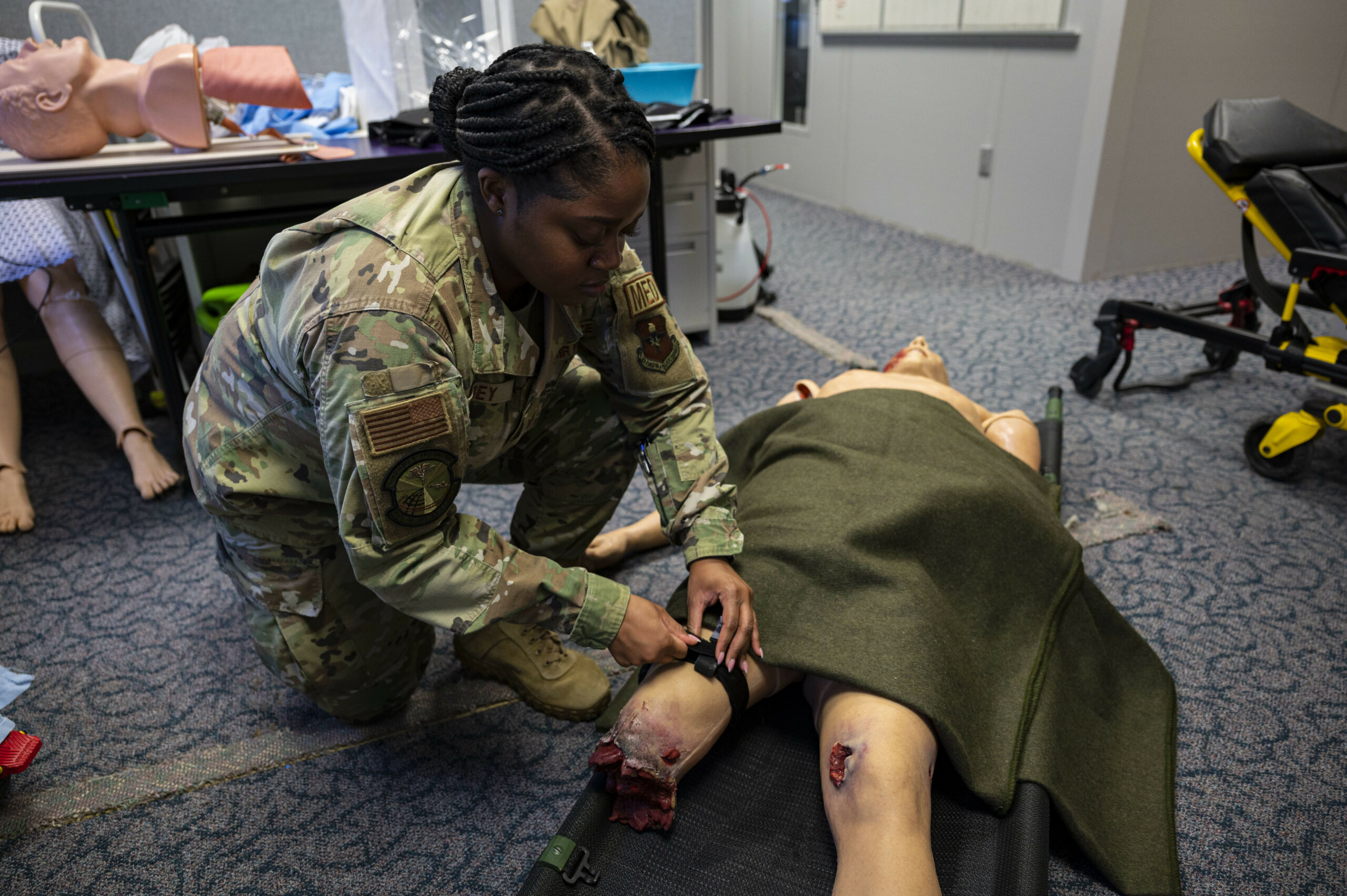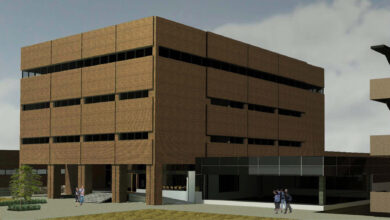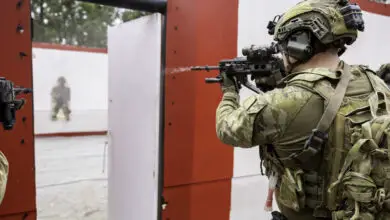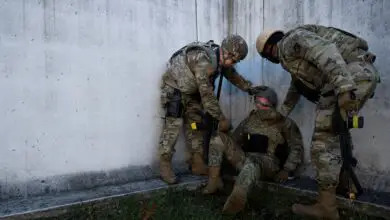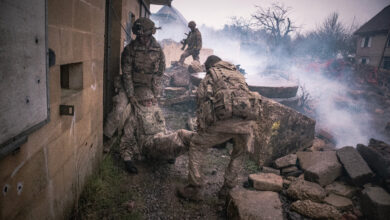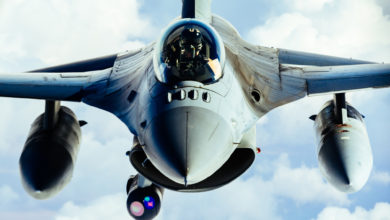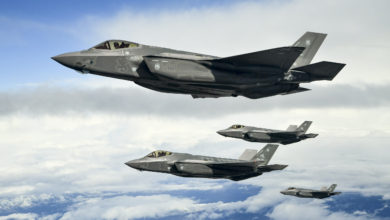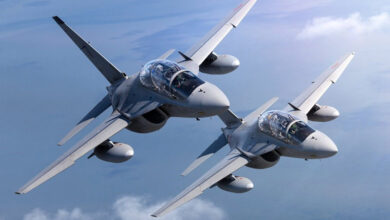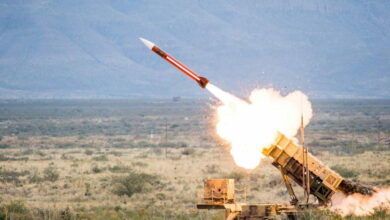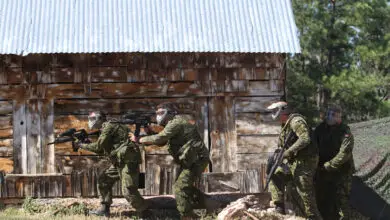The US Air Force has conducted a training program to upskill its medical teams at Holloman Air Force Base, New Mexico.
Led by the service’s 49th Medical Group (MDG), the Medic-X program trains personnel from different medical careers in clinical operations.
The initiative provides the capability to serve a high volume of air force patients.
The 49th Medical Group supports over 14,000 airmen and civilians at the installation.
“On the medical side, you have your clinical patient care-related Air Force Specialty Codes and the support AFSCs that aren’t necessarily providing direct patient care,” 49th MDG Education and Training Flight Chief Tech. Sgt. Shelby Vande Zande explained.
“The Medic-X program can teach personnel with non-clinical AFSCs the skills needed to work in the clinics.”
Through COVID-19
The Medic-X program’s first iteration was launched at Holloman in 2021 to address the staffing shortages brought on by the COVID-19 pandemic.
“We took the Medic-X initiative and kind of fast-tracked it for a couple of those skills that would be beneficial for a COVID response,” Vande Zande stated.
“Had we leaned solely on our clinical personnel, we wouldn’t have been able to sustain the clinic’s mission of caring for patients.”

‘Stronger Team’
Medic-X features lessons for daily operations such as monitoring vitals, moving patients, medication procedures, and pain level assessment.
It also includes training for critical missions such as emergency measures, mass casualty events, and combat scenarios.
“It gives a better understanding of what everybody goes through, and it builds a stronger team,” 49th MDG Force Health Management Officer Tech. Sgt. Renique Carey said.
“You can understand what medics and providers are going through and it builds a different appreciation for each other.”

